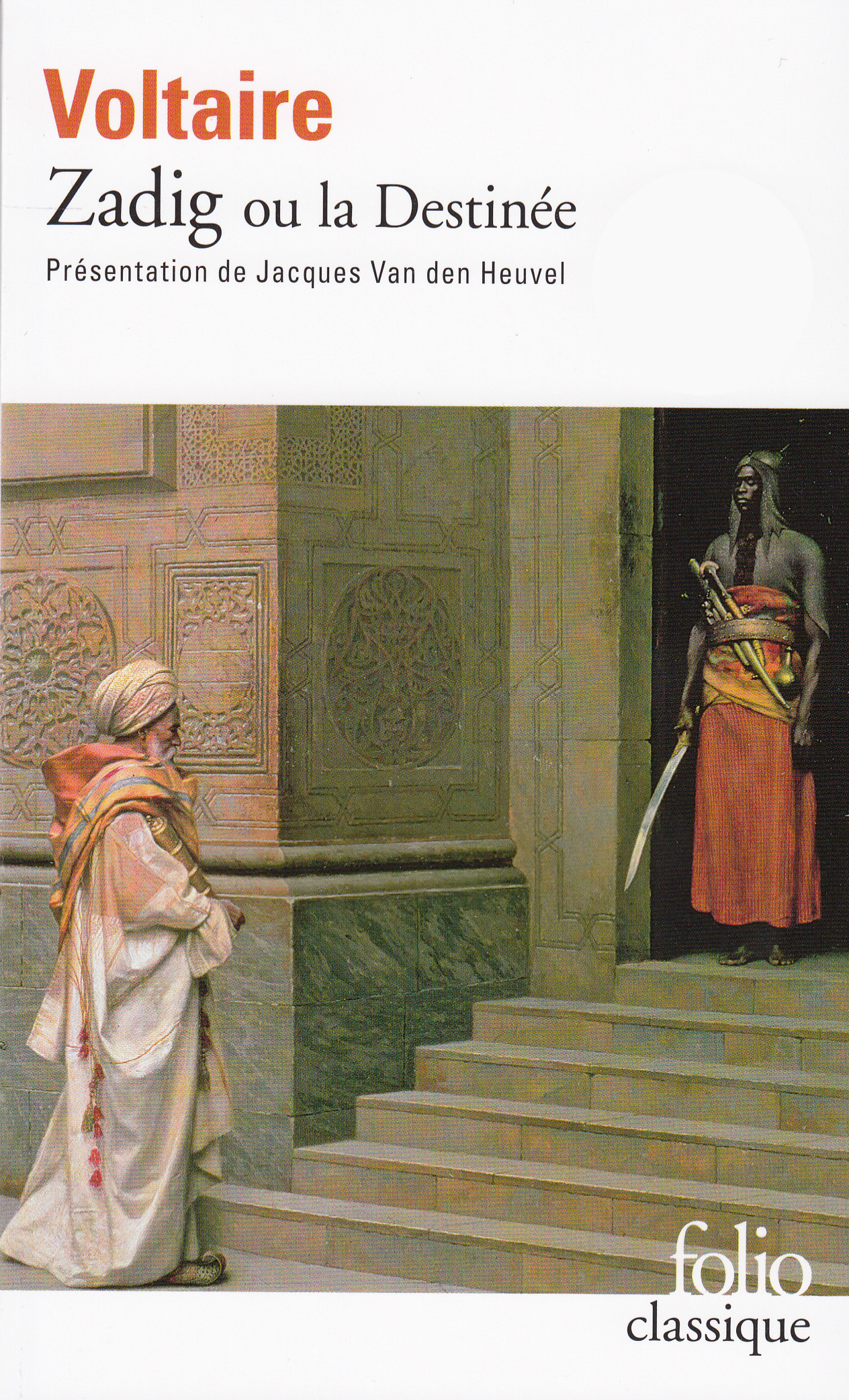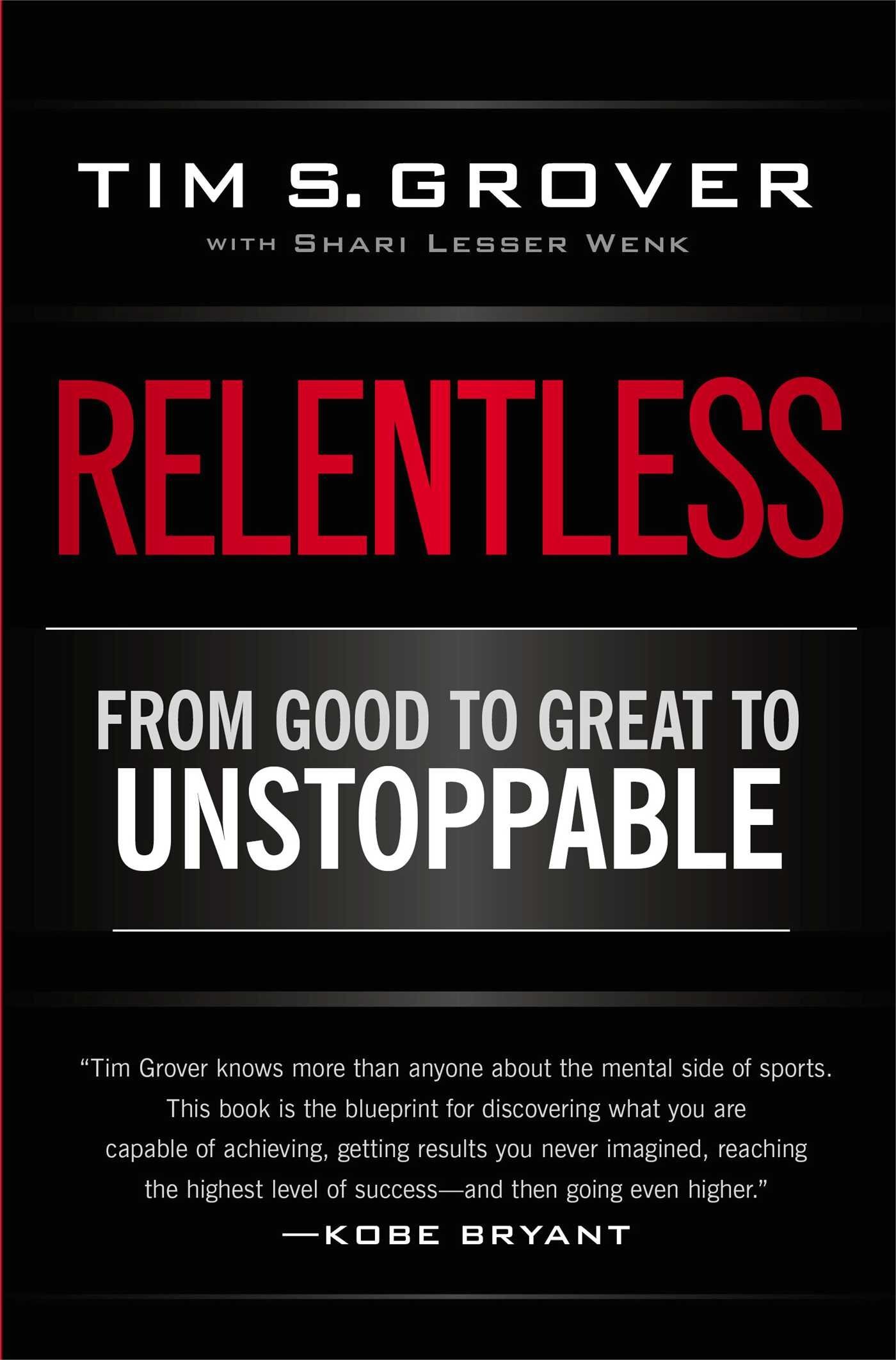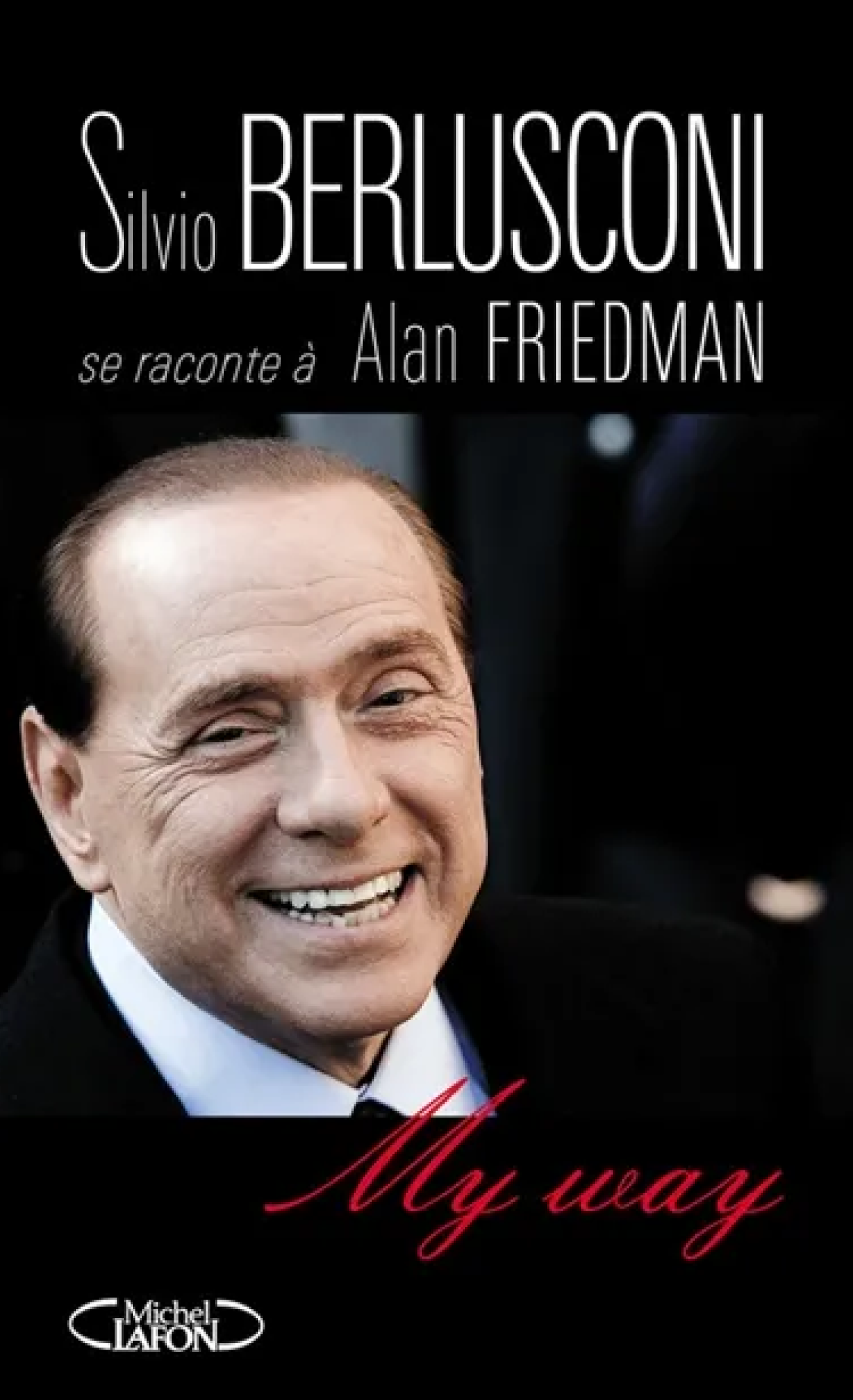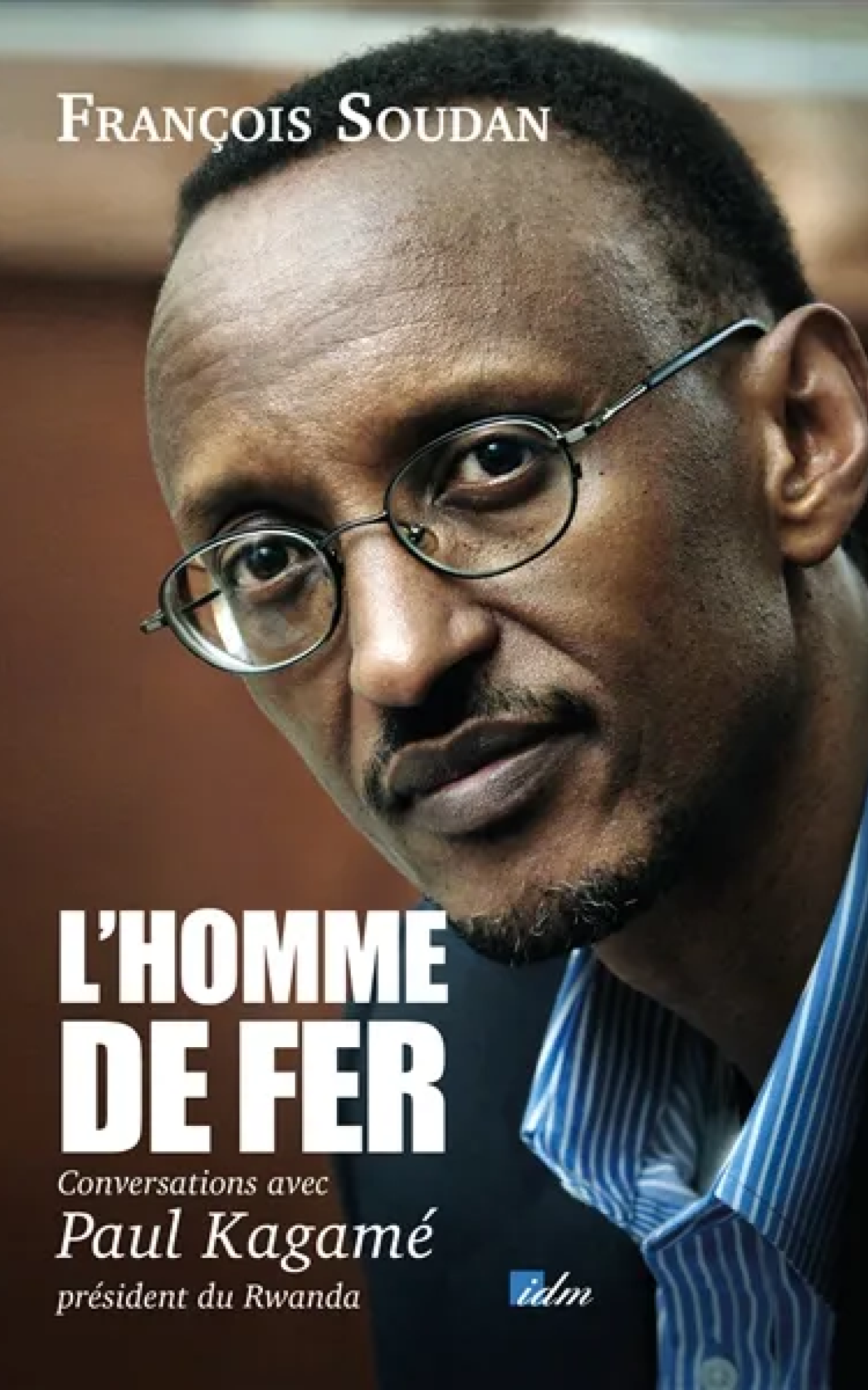
Throughout his journey, Zadig has faced multiple hardships such as betrayal, disappointment, and forbidden love.
The protagonist learns a few lessons along the way: one needs to accept the decrees of Providence. While we are reminded that every cloud has a silver lining, this tale highlights the virtue of perseverance against adversity and the ability to get back on your feet after a setback.
Zadig finally returns to Babylon, solves the riddles, marries Astarté, and becomes King. It underlines that evil is necessary to appreciate the value of good and that only resilience can lead you to success and happiness.


<< Quand les lucioles s’arrêtent de briller >> shares a piece of Congo’s history, more specifically the Civil War of 18th December 1998.
Inspired by real events, this fiction narrates the daily life of Kouka and his best friends, Cyr and Gildas. The three young characters, hailing from Bacongo District, South of Brazzaville, have their lives turned upside down by a military conflict.
This story provides a glimpse of the hellish conditions of civil wars and their consequences
Based on true events, this novel narrates the epic tale of young Barry, trapped in the merciless hands of a dictatorship regime.
Following the launch of an education reform, a group of people gather on social media to plan a demonstration.
It gets out of control, and the following news spreads everywhere: there has been an attempt on the President’s life.
This book illustrates how defending ideas requires a great deal of courage.


Relentless: From Good to Great to Unstoppable provides invaluable insights into personal development by shedding light on three types of personalities: the Coolers, the Closers, and the Cleaners.
The Cleaners are defined by their determination to succeed and their ability to become unstoppable.
To become a Cleaner, you need to upgrade your way of thinking and be the master of your destiny.
Cleaners are hard workers who relentlessly pursue success and are prepared to make sacrifices to achieve their goals.
This book encourages readers to adopt the Cleaner mindset: unwavering commitment to excellence, individual responsibility, and an unmatched level of dedication are keys to success.
In her autobiography, Michelle Obama writes about the struggle of wearing many hats: being a modern woman with a successful career, a happy marriage, and a growing family..
With her title “Becoming”, the author is shedding light on how we, as humans, are constantly evolving. For instance, her encounter with Barack Obama turned her life upside down and led her to quit her promising career to find something she was more passionate about.
She found her way as she became First Lady by committing herself to critical issues such as child obesity and education for young girls.
<< Becoming >> offers an inspiring lesson on the importance of personal development and bold choices to find your path and be fulfilled.


This story explores the bold and entrepreneurial adventure of Silvio Berlusconi and describes how he managed to build a media empire that redefined the Italian landscape.
These interviews reveal the true nature of Berlusconi, a political Machiavelli, sharing here both milestones and hardships that shaped his destiny.
This book highlights his influence on the political revolution in contemporary Italy, capturing the hope he has instilled in many citizens.
By detailing his obsession with aesthetics and form, we are given a unique insight into Silvio Berlusconi’s emphasis on public image and visual presentation.
Nevertheless, Silvio Berlusconi was a complex figure who shaped the history and conception of modern Italy.
This book sheds light on Kagame’s leadership and his critical role in solving the Rwandan genocide back in 1994.
Combining a practical and visionary approach, Kagame has turned Rwanda into a pan-African success story by focusing on economic reconstruction, social cohesion, and national unity.
These conversations also teach us a great lesson on the importance of the duty of remembrance, thus uniting generations in building a more resilient and sustainable future.


Antonio Machado’s poem highlights a philosophy that I share.
Indeed, life is a long road. There are no such things as predetermined paths as the choices we make define our path: each individual follows his or her path
Destiny is shaped, just like the worlds we create around us.
This Poem, written by Léopold Sédar Senghor, is an ode to the beauty of the black woman and her skin color.
Beyond the aesthetically pleasing, the poem demonstrates the author’s deep pride in African culture. The woman described in the poem represents the African land, its beauty, and its richness.
This is a message of hope and pride that must be cultivated to build the Africa of tomorrow.
As children of Africa, we are reminded of turning this potential into reality.


Machiavelli’s Prince emphasizes the need for a Prince, or any other political leader, to adopt a pragmatic and hands-on approach to maintaining and strengthening power.
According to Machiavelli, a Prince must be risk-averse and far-sighted, courageous and strong, determined and savvy.
Applied to business, those principles underline the need for a clear vision and an adaptable corporate strategy, authoritarian leadership when needed, diplomatic skills, and emotional intelligence.